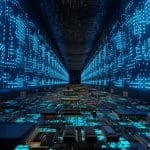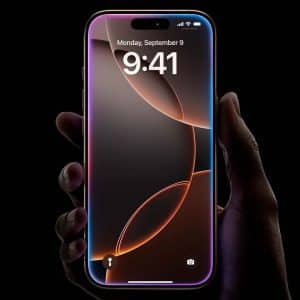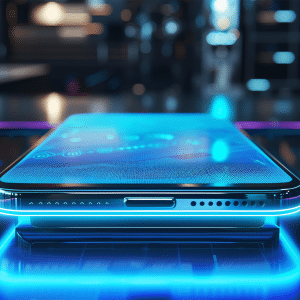AUSTIN Declaring that the U.S. government is “setting fire to the future of the Internet” by spying on Americans and being unaccountable for that, former National Security Agency contractor Edward Snowden came across as determined and defiant in a videoconference interview Monday morning at South by Southwest Interactive.
Speaking from Russia, where he turned up after leaving his NSA eavesdropping station in Hawaii last year with classified government information, and leaking some of it to The Guardian and The Washington Post, Snowden spoke to a capacity audience of about 3,000 at an exhibit hall at the Austin Convention Center.
It was the same venue in which WikiLeaks founder Julian Assange spoke via Skype on Saturday.
A copy of the U.S. Constitution appeared behind Snowden on the large screen.
Like Assange, he offered few clues about his life in exile and gave no hints about how long he plans to stay in Russia. Instead, he and moderators Chris Sogohian and legal counsel Ben Wizner, both of the ACLU, kept the focus on how private citizens can protect their online identities and how companies can be doing more to protect their customers’ identities. And they figured that SXSW, with its young, tech-savvy audience, was the right forum to make their case.
“South by Southwest and the tech community, the people in the room in Austin, they’re the folks who can fix this,” Snowden said. “There’s a political response that needs to occur, but there’s also a tech response that needs to occur.”
Encryption, a process that makes it harder for would-be spies to decipher information, is the key, they said. If customers and companies used encryption, it would make the bulk collection of digital information — which the NSA documents exposed — more expensive and time-intensive.
Like Assange, Snowden took questions via Twitter. When asked why it was worse for the government to collect information about individuals than for commercial enterprises to do so, Snowden responded: “The government has the ability to deprive you of your rights. The police have the power. They can kill you. They can surveil you. Companies can surveil you, too, and that’s bad, but they can be challenged.”
Bookending the day in a separate appearance — and before a much smaller audience in the same room as Snowden — was journalist Glenn Greenwald, the Guardian reporter with whom Snowden worked to leak some of the documents he obtained. He, too, appeared remotely, presumably from Brazil, where he lives.
He said that he’s read all of Snowden’s documents and that “many of the most significant and shocking stories have yet to be published.”
He said he is considering returning to the United States on April 11 to pick up the George Polk Award for National Security Reporting.
“Going back to receive an award [for something] that some have called a crime is good symbolism,” he said.
Snowden has been charged with violating the Espionage Act and with stealing government property.
Both Snowden and Greenwald said they had no regrets about what they did, saying their position has grown stronger now that the public at large knows about the NSA’s activities.
“Would I do it again? Absolutely,” Snowden said. “Regardless of what happens to me, this is something we had a right to.”
SXSW Interactive and SXSW Film end today; SXSW Music and some film screenings continue through March 16.













